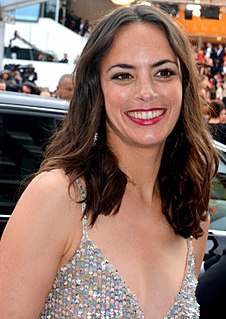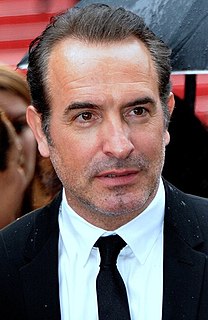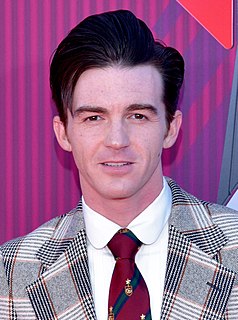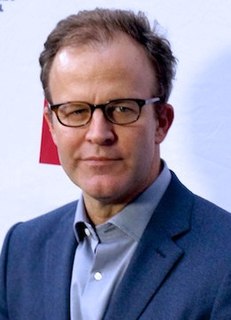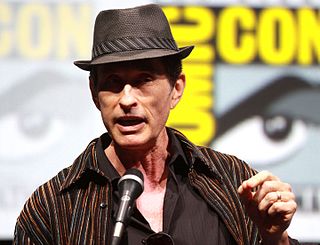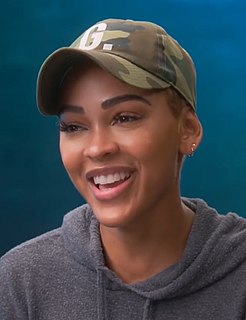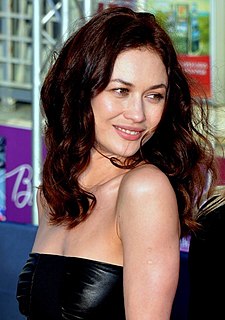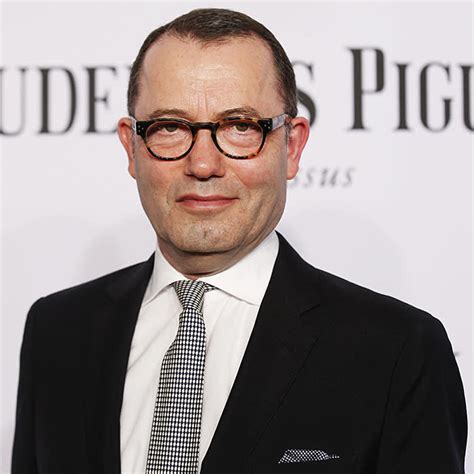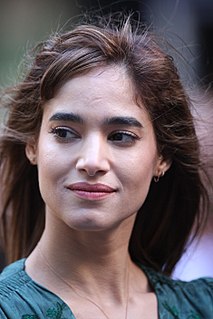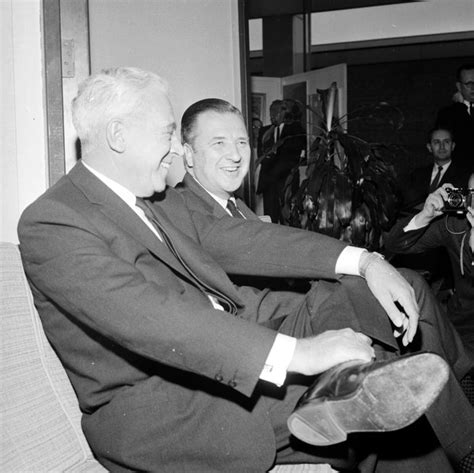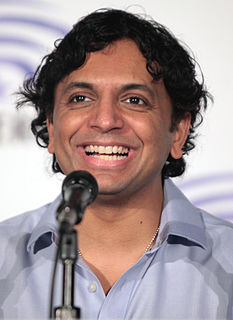A Quote by Berenice Bejo
I think the approach of the character for us is the same in a silent movie as in a talking movie because we had balance, we had lines to learn.
Related Quotes
First of all, I had the desire for that format [silent movie], and then when I was talking to people, I felt that people needed justification. Why are you doing a silent movie? Is it just for your own pleasure? I felt it was not enough for them so I realized I have to choose the subject that will make things easier for them and to tell the story of a silent actor makes sense for doing a silent movie.
Taking chances is my job; some will connect and some won't, and certain films find their audiences in different ways. I think 'Spotlight' probably is a better movie because of 'The Cobbler.' You learn with every movie you make: you learn from your mistakes, and you learn from your achievements, and I really do have that approach to filmmaking.
Had we had all the money in the world to spend and we were doing another studio movie, we probably would have jumped quickly into the Necromonger universe and done an Orpheus Descending movie there. We didn't have that kind of resource. So, we said, this time, "If not that, this time, then what is it? What does this new movie look like?" Quickly, just in talking about it very simply with Vin [Diesel] in his kitchen, we decided on a survival, left-for-dead story, where Riddick could, as a character, reclaim the animal side.
I always knew I wanted to be an actress, and I had the attitude that I would learn more under people like Samuel L. Jackson, Laurence Fishburne or Mike Myers than from someone who had never starred in a movie. I just didn't think that someone who had never been in a movie could teach me how to act in one.
I don't know what the misconceptions are, but I approach a small budget, artsy, independent movie in the same way as a big budget, commercial Hollywood movie. I don't get into those [details]. I have to get into my character and I concentrate on that, on the story, on researching, and on certain training if I have to be prepared physically. I think that's the most important thing.
I had read the scripts that Nora Ephron had written as a movie about Mike McAlary. We were never able to make it at HBO because we couldn't cast it properly and when I left I called Nora and said, "Look, I actually think that the movie luckyguyindustry has changed. It's very unlikely that you'd be able to make this as a movie. I actually think it's a play."
It's just like they approach things on every movie I've worked on, very much as if it was a live-action movie. The character you're playing, even though he's a rooster and is really stupid, you approach it in the same way you would approach Hamlet, which is exactly how I approached it. But they give you the circumstances. "You're on the boat. You didn't expect to be here. You just climbed in a boat to maybe sleep. You don't even know why you climbed in the boat. You're really that dumb.
I think it took me seven years before I got the script for 'Frozen River.' That's the movie I had been looking for my whole career. When I read that, I knew I had to shoot that movie - that it'd be a game-changer. It was one of those scripts where I read it, and I was like, 'This movie could get into Sundance.'
